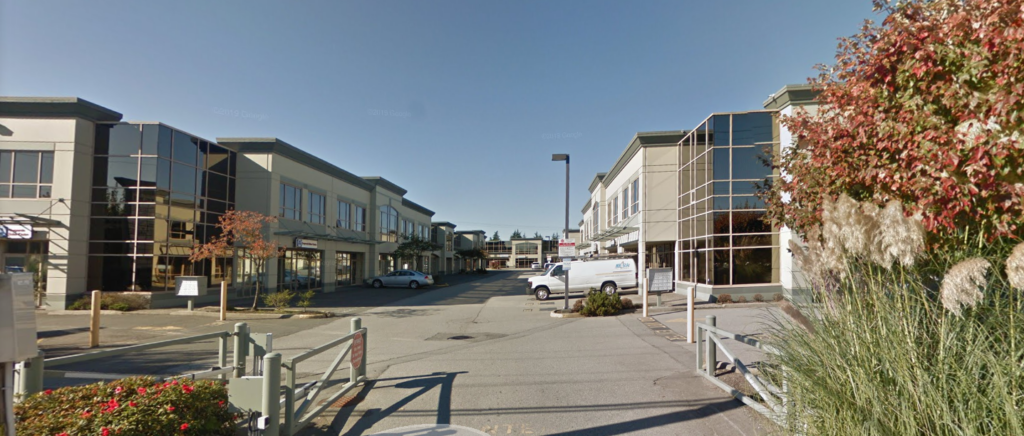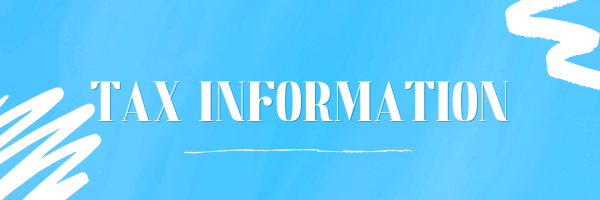What types of taxes are collected in Canada?
There are three types. First, there are the personal income and property taxes, which the individual pays to the government.
Secondly, there are value-added taxes such as the goods and services tax, or GST, provincial sales tax, or PST, and in some provinces the harmonized sales tax, or HST. Consumers pay these types of taxes on things that they buy, and the businesses that collect the taxes are responsible for remitting them to the CRA.
Finally, there are excise taxes on certain manufactured goods and excise duties on products such as cigarettes, alcohol, and gasoline. The excise taxes and duties are generally included in the price of the product.
Who pays taxes in Canada?
The Canadian tax system is based on residency. This means that Canadian residents pay taxes on their income from all sources, both inside and outside of Canada, and non-residents of Canada pay taxes only on their income from Canada. We’ll talk more about residency in the segment called Residency and why it’s important.
As a newcomer, do I have to file an income tax and benefit return?
It depends on your situation. You must file a return if you have to pay tax or if you want to claim a refund.
Other situations can also apply. To get a more detailed list of situations where you have to file a return or when you may want to do so, go to the https://www.canada.ca/en or call 604-370-6000 for more information?
When do I need to file or send my income tax and benefit return?
A tax year, like a calendar year, ends on December 31st. You have until April 30th of the following year to file your income tax and benefit return and pay any taxes you owe.
There is one exception. If you or your spouse or common-law partner are self-employed, your return must be filed on or before June 15th. Keep in mind that if you owe any taxes, you still have to pay any amount due by April 30th.
If you don’t file on time, or don’t pay your taxes owing on time, you could be charged penalties and interest.
Some international students may have been in Canada for a few years but are just now learning that it may be beneficial for them to file a return.
Can I still file my previous year’s returns?
Generally, an individual has three years from the end of the tax year to file a return and to claim a refund.
However, there are some exceptional situations that may allow you to file after the three-year deadline.
For more information, call Y&C Accounting Inc at 604-370-6000 for more information.
Let’s say I have to file several years of tax returns, and have to pay tax. Is there a way to reduce the penalties and interest?
You might qualify for the CRA’s Voluntary Disclosures Program.
For more information, call Y&C Accounting Inc at 604-370-6000 for more information.
As an international student, which income tax and benefit package should I use?
That depends on your residency status and the income that you are reporting. How to determine your residency status call Y&C Accounting Inc at 604-370-6000 for more information.
Let’s say I’m an international student who is a resident for tax purposes and I don’t have to file a tax return. Are there any situations where I should file a tax return?
Yes, in some cases there are. For example, you need to file a return if you want to apply for the GST/HST credit or any related provincial credit or if you, your spouse, or common-law partner want to receive the Canada child tax benefit payments.
You may also want to carry forward or transfer the unused part of your tuition, education, and textbook amounts, report income for which you could contribute to a registered retirement savings plan, or claim the working income tax benefits.
What is the underground economy?
The underground economy is commercial activity that is not reported for tax purposes.
The underground economy is often found in industry sectors where cash transactions are common. Students are most often involved in the underground economy when they work in the hospitality industry, which includes working in bars and restaurants, and the construction industry, such as landscaping, painting, and renovations.





